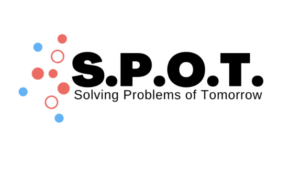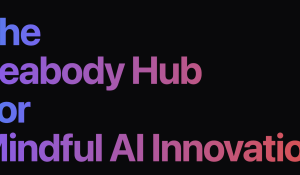Projects
Critical Computing
Although elementary school-aged children use and have interest in technologies with integrated Artificial Intelligence applications, they rarely critically investigate the sociopolitical contexts in which people consume and produce AI technology. Without engaging in this form of critical computing, elementary school students will not be prepared to participate ethically in a digitally reliant society and tackle the increasingly discriminatory effects of algorithmic decision-making as they continue their schooling and careers. For examples of how AI applications can harm marginalized population and what advocacy groups are doing about it, visit the Algorithmic Justice League.
Our research investigates the ways that children think about, engage with, and build their own AI applications and how to best design creative learning spaces for exploring AI in ways that matter to children.
Computational Data Science for Children
Data science skills and practices assist people of all ages in making informed decisions to better understand risks for individuals and broader society. The increasing visibility of data science competencies in K-12 standards and teaching signifies data science as a valued area of study. However, the integration of data science into elementary school education is still limited.
Our research investigates the ways that children think and learn about data visualizations, how they engage in data storytelling, and how to design spaces and tools that facilitate excitement around data science literacies.
Recent News
Mindful AI Education
Mindful AI Education is an approach to learning about artificial intelligence that combines foundational technical knowledge of how AI systems work with a deep understanding of their social, ethical, and political impacts. It goes beyond simply using AI or trusting its outputs—it involves critically engaging with how these systems are designed, who they serve, and what consequences they carry.
To develop a critical awareness of AI, learners must also have foundational technical literacies such as how people use data to train algorithms to make predictions. A mindful Ai education empowers individuals not just to use AI tools, but to question, challenge, and create them.
Recent News
Participatory Quantitative Ethnography
Participatory quantitative ethnography has emerged as QE scholars have recognized the need to support equitable researcher-participant relations in the co-construction of knowledge. Calls for imagining and designing possibilities for such collaboration agree on the potential of already existing tools, such as Epistemic Network Analysis (ENA), within QE.






